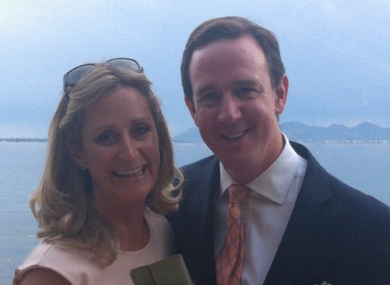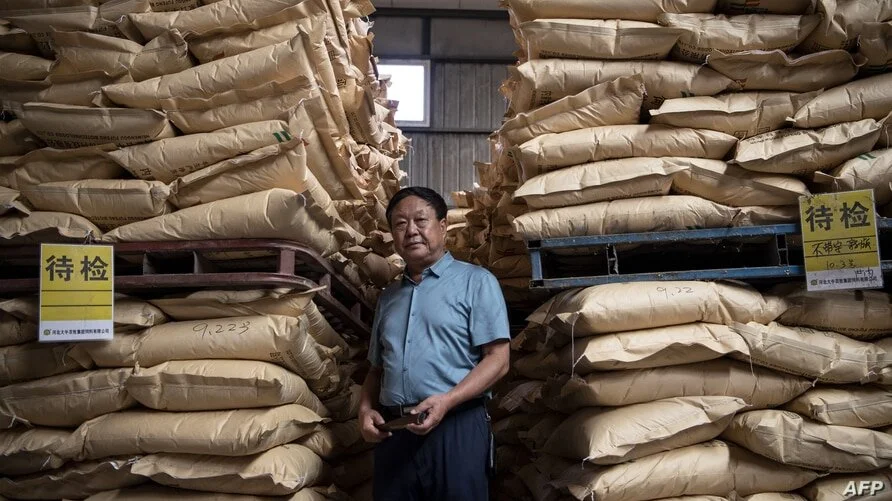By Jerome A. Cohen
Here is a Wall St. Journal with an unusually good review of the PRC’s recent actions in Tibet and their relation to and comparison with developments in Xinjiang. Several interesting observations were made, including the following:
Just as earlier successful repressive measures in Tibet were then applied and expanded in Xinjiang, now cutting edge technologies applied in repression in Xinjiang are being applied and adapted in Tibet. Ping pong repression!
The Han majority continues to have more interest in and sympathy for Tibetans than for people in Xinjiang, a point that the article properly credits Professor Robbie Barnett for emphasizing in his continuing invaluable studies of Tibet. Many of us can personally testify to this from our own anecdotal experience in China.
A good reminder of the Dalai Lama’s advancing age and the impending crisis over his succession. He seems to have been less in the public eye of late and his repeated calls for autonomy for Tibet rather than independence, which have never reassured Beijing, would ring especially hollow to the world as well in light of recent events in Hong Kong, Xinjiang and Tibet. I recall the conversation about Taiwan that I had in 1964 with a Communist Party member in Hong Kong who tried to convince me that the Party would guarantee Taiwan the same degree of autonomy as granted to Tibet. That, I said, was exactly the fear that many of us had.
The article reports that the Tibetan government in exile has stated that it was originally optimistic about Xi Jinping’s assumption of power because Xi’s father “had a close relationship with the Dalai Lama," something I had not heard before. Of course, many of us have been disappointed about XJP’s rejection of his father’s final admonition to the Party to allow “differences of opinion” or risk failure.
Finally, the WSJ article refers to recent work by Adrian Zenz on Tibet, which I had not noted. He keeps giving the Party more and more reasons to try to discredit him.







